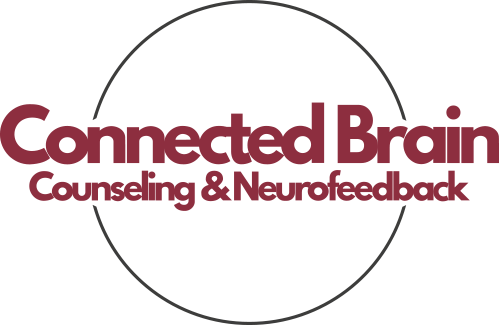Understanding the Impact of Betrayal
Betrayal in any form can create deep emotional wounds that lead to feelings of anger, sadness, and confusion. Trust, which forms the foundation of any relationship, is shattered, leaving both partners struggling to reconnect.
The betrayed partner may experience:
- Emotional Distance: Feeling disconnected and unable to engage with their partner as they once did.
- Self-Doubt: Questioning their self-worth, attractiveness, or ability to trust their instincts.
- Fear of Vulnerability: Hesitating to open up emotionally, worried that they may be hurt again.
The betraying partner may face:
- Guilt and Shame: Struggling with the emotional burden of their actions and how they’ve hurt their partner.
- Frustration with Rebuilding Trust: Understanding that regaining trust will take time and effort.
- Fear of Rejection: Worrying that their partner may never fully forgive them or that the relationship is beyond repair.
Steps to Rebuild Trust in a Relationship
Restoring trust after betrayal is a gradual process that requires patience and dedication from both partners. Here are key steps that can help couples work through betrayal:
- Open Communication
The first step in rebuilding trust is to open the lines of communication. Both partners need to feel safe to express their feelings openly and without judgment. It’s crucial that the betrayed partner can voice their hurt and ask questions, while the betraying partner responds with honesty and transparency. This process helps each partner feel heard and understood, laying the groundwork for healing.
- Take Accountability
The partner responsible for the betrayal must take full accountability for their actions. This includes acknowledging the pain they’ve caused and demonstrating sincere remorse. Acknowledging responsibility can help the betrayed partner begin to heal, as it validates their feelings and reinforces that their pain is understood.
- Seek Professional Help
Navigating betrayal can be overwhelming for couples to handle on their own. Couples therapy can provide a safe space to explore underlying issues, express emotions, and receive guidance from a professional. A therapist can help both partners rebuild communication, process emotions, and develop actionable steps to repair their relationship.
- Be Transparent
Transparency is critical in rebuilding trust. This means sharing information openly, being honest about feelings and intentions, and making oneself available emotionally and physically. For the partner who was betrayed, knowing that their partner is now an open book can help ease the fear of future betrayal.
- Set Boundaries and Expectations
Clear boundaries and expectations must be established to prevent further harm. These boundaries may include being more aware of emotional triggers, avoiding situations that led to the betrayal, or committing to increased communication. Setting these guidelines helps both partners feel more secure moving forward.
- Practice Patience and Forgiveness
Rebuilding trust is a marathon, not a sprint. Both partners must recognize that healing will take time, and there will be setbacks along the way. The betrayed partner needs to practice patience with themselves as they work through feelings of hurt and anger, while the betraying partner needs to understand that forgiveness cannot be rushed.
Forgiveness is a crucial part of healing, but it’s a process that happens on its own timeline. The betrayed partner must be ready to forgive on their terms, and this may take months or even years. The important thing is to work towards forgiveness with love and understanding.
Signs That Trust Is Being Rebuilt
Over time, there are clear signs that trust is being restored in a relationship. These signs include:
- Open and Honest Communication: Both partners feel comfortable sharing their thoughts and emotions without fear of judgment.
- Consistency in Actions: The betraying partner consistently shows commitment to rebuilding trust by sticking to promises and being reliable.
- Emotional Intimacy: The couple begins to feel emotionally connected again, sharing moments of vulnerability and affection.
- Reduced Anxiety: Both partners feel less anxious about the future of their relationship and are more focused on healing and moving forward together.
 Can Trust Fully Be Restored?
Can Trust Fully Be Restored?
While trust can be rebuilt, it’s important to note that the relationship may never return to exactly what it was before the betrayal. However, couples who work through the pain and commit to healing often find that their relationship grows stronger in the long run. The key is to develop new patterns of communication, respect, and honesty that reinforce the trust they’ve rebuilt.
Rebuilding trust after betrayal is not an easy process, but with time, dedication, and the right support, it is possible. Both partners must be committed to open communication, transparency, and forgiveness.
- Psychology Today – Rebuilding Trust in a Relationship
A detailed article explaining the steps necessary for rebuilding trust after a betrayal in a relationship. - The Gottman Institute – The Science of Trust
Insights into how couples can work on restoring trust and emotional intimacy after a breach. - Verywell Mind – How to Heal After a Betrayal
An article outlining psychological strategies for coping with betrayal and moving towards healing.
If you or your partner are struggling to move past a betrayal, Connected Brain Counseling is here to help. Contact us today for a free consultation and take the first step towards healing and rebuilding trust in your relationship.





